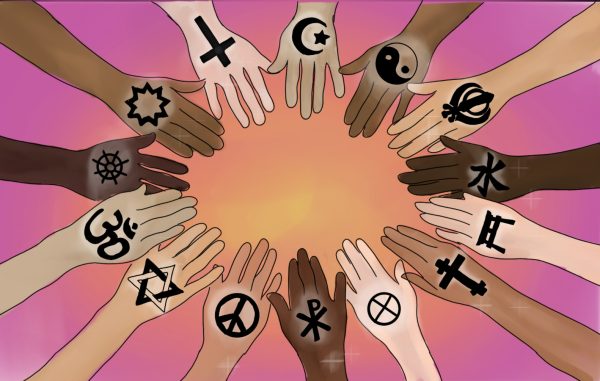The Most Hated Hollywood Trend
March 15, 2023
The latest craze taking over Hollywood isn’t a movie genre or a film, but a group of people. Possessing money, power, and a prominent last name, “nepo” babies are single-handedly conquering the entertainment industry. Armed with an endless supply of connections and wealth, stars seen as benefitting from nepotism appear to currently be battling the media one scathing article at a time. In depth exposés, ripe with criticism, appear at every corner. At this point, it seems every week a new celebrity with influential parents is introduced to the public.
A distinct cycle has slinked into the limelight, poisoning the public’s media feeds with its mind-numbing repetitiveness. It seems to go something like this: Amateur sleuths discover a new celebrity who is the product of nepotism. Outrage erupts, and magazines cash in on this endeavour, reeling with spiteful headlines and half-hearted jokes at the stars’ expense. The exponential rise of controversy surrounding this subject prompts a question – why is society so obsessed with these privileged individuals?
The driving factor to their rising prominence can be pinpointed to a specific emotion: jealousy. The public can not see any aspect of themselves in the stars on the screen. The experience that nepotism babies face is not relatable, or achievable for the average viewer. Rather than being admired for their work, they are cut down and criticised, every aspect of their performance scrutinised and probed at. This differs wildly from the treatment celebrities who identify as self-made receive everywhere from media outlets to twitter feeds. Society sings their praise, presenting them as humble, hardworking, and relatable. The life they live is attainable, because they started from nothing. The life they live is admired, because it encourages hope in the eye of the viewer. Yet, the “nepo” baby seems to have everything from their agents like starring roles handed to them on a silver platter. They become an outlet for the plethora of bitterness and resentment people may harbour for the elite.
This concept is obvious in the Selena Gomez and Hailey Bieber feud that frequented screens earlier this month. The public have been tremendously vocal in their dislike for Bieber, instigating a slew of hate comments and quote-unquote “cancelling” her. While some of this speculation may be the result of the public’s love for Gomez, a larger factor serves as the reason for this hate: she is a “nepo” baby. Everything from her modelling career to the friendship circle she frequents is the product of her entitled upbringing. This is a prime example of how the disdain society seems to retain for this group is reflected through the treatment of certain stars.
The universal hatred of nepotism can be traced back to events individuals confront everyday life. Nepotism is a fundamental element in any industry, not just purely present in the elite A-list lifestyle. It rears its ugly head when the boss’s son gets that position, or when the CEO’s daughter gains that sought after internship. The facts are abundantly clear: nepotism plays an integral role in the function of society that is not going away any time soon. Rather than confronting the unjustness in their own lives, the easy option is unleashing their bitterness and anger at unidentifiable names on a screen. Nepotism babies reflect the unfairness in people’s own experiences, leading them to be subjected to flurries of hatred and resentment.
Nepotism is not a topic that is going to be abandoned anytime soon based on the plethora of articles that continue to circulate the internet at alarming rates. However, like any trend, the shouts of outrage will soon hush into a whisper. The cycle will disband as the years go by and hopefully, by then the public will have discarded their loathing and are able to recognise what Nepo babies really are – people, with extremely lucky circumstances.













